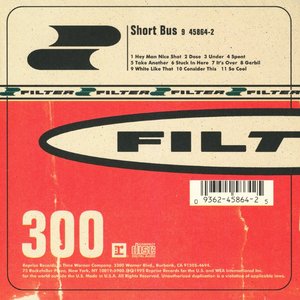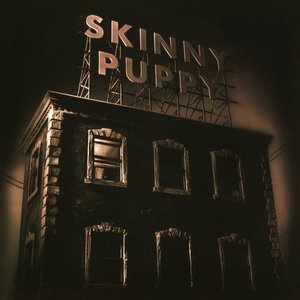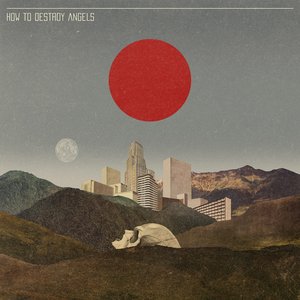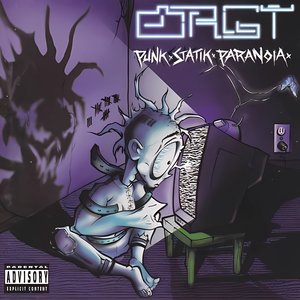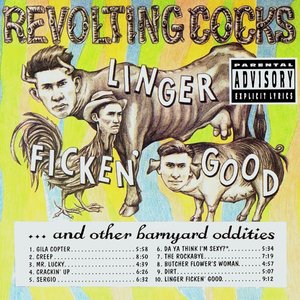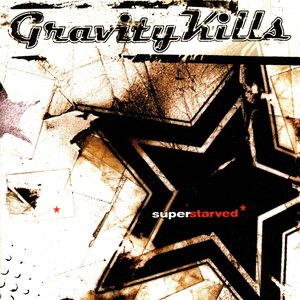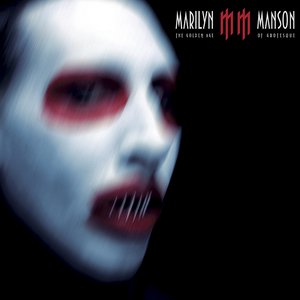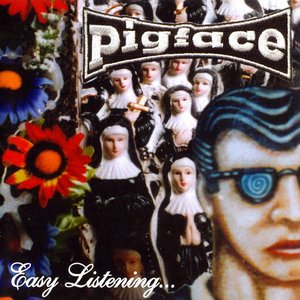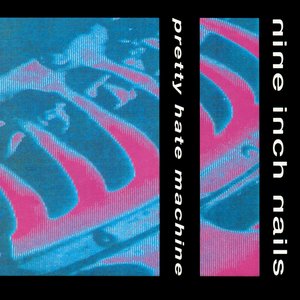Wiki
-
Release Date
1 January 1994
-
Length
14 tracks
The Downward Spiral (also known as Halo 8) is Nine Inch Nails' second studio album, though it is largely considered the third major release after the Broken EP, which consisted of entirely new material. It was released on March 8, 1994. It is likely the most acclaimed and well-known of the band's discography, and is said to have brought "industrial" music to the mainstream. A collection featuring remixes from The Downward Spiral was released as Further Down The Spiral on June 1, 1995.
Trent Reznor has stated in various interviews some of the ideas and inspiration behind the album:
"The idea behind the album is of someone who sheds everything around them to a potential nothingness, but through career, religion, relationship, belief and so on. It's less muscle-flexing, though when I started it I didn't know what I wanted it to sound like. I knew I didn't want to be a full metal album, so I tried to address the issue of restraint. It was a long process.
Thematically I wanted to explore the idea of somebody who systematically throws or uncovers every layer of what he's surrounded with, comfort-wise, from personal relationships to religion to questioning the whole situation. Someone dissecting his own ability to relate to other people or to have anything to believe in…With 'The Downward Spiral' I tried to make a record that had full range, rather than a real guitar-based record or a real synth-based record. I tried to make it something that opened the palate for NIN, so we don't get pigeon-holed. It was a conscious effort to focus more on texture and space, rather than bludgeoning you over the head for an hour with a guitar.
I was really into electronic music at the time. David Bowie's 'Low' was probably the single greatest influence on 'The Downward Spiral' for me. I got into Bowie in the 'Scary Monsters' era, then I picked up 'Low' and instantly fell for it. I related to it on a song-writing level, a mood level, and on a song-structure level…I like working within the framework of accessibility, and songs of course, but I also like things that are more experimental and instrumental, maybe."
Pink Floyd's The Wall was also heavy in Reznor's rotation during the making of the album. In a Q+A session before the 2017 Riot Fest show, it was revealed that David Lynch's use of sound in his films was an inspiration for the sound design of The Downward Spiral.
Reznor set out to make an album that was a departure from the Broken EP ("when I went into the studio, I knew that I didn't want to make Broken again"), which he described as "a real hard-sounding record that was just one big blast of anger." Instead, Reznor wanted to create an album "that went in 10 different directions, but that was all united somehow." Reznor brought in a number of guest performers to record, including Stephen Perkins and Adrian Belew. Perkins played a number of drum parts that were recorded live in the studio; these tracks were then turned into sample loops. Reznor took a similar approach to recording guitar parts. Reznor would record 20 to 25-minute long sessions of himself playing guitar on a hard disc recorder with a Studio Vision sequencer, then would cut out parts of the recording he found interesting for later use. Reznor said, "99 percent of the stuff we do–even vocals–is recorded into the computer first. We get an arrangement together and then dump it to tape." For "Mr. Self Destruct", Reznor ran the entire mix through the mic pre-amps of several modules plundered from an old Neve board.
Like other NIN releases, some songs never made it to the final album. In this case, some songs were "The Beauty Of The Drug", which was a general out take, and "Just Do It", which was a track prompting the album's protagonist to kill himself. The latter was axed at the request of Flood, who refused to have anything to do with it.
There are numerous layers of metaphors that are present throughout the album, which leaves it open to wide interpretation. As a whole, The Downward Spiral is defined by Nietzschean concepts and a prominent theme of existentialism. It is a concept album in which the overarching plot follows the protagonist moving through his own "downward spiral", dealing with religion, dehumanization, violence, disease, society, drugs, sex, and finally suicide. Reznor has stated that the character is a representation of himself: "…it was during that tour (Self Destruct) that problems started to arise. Prior to that I would have considered myself pretty normal. With the Downward Spiral, I can remember where I was in my head, what I was thinking, and I can remember writing that record, and the mindset. This record that was about an extension of me, became the truth fulfilling itself."
Most fans seem to agree that "Closer" (noted for its "I want to fuck you like an animal" lyric) has meaning deeper than its surface lyrics (note the desperate dependency expressed by the final line, "you are the reason I stay alive.") The narrator was not exactly modeled after Reznor's previous life, though he would later go through his own sort of "downward spiral" during the Fragility tour, battling issues such as drug abuse.
Album descriptions on Last.fm are editable by everyone. Feel free to contribute!
All user-contributed text on this page is available under the Creative Commons Attribution-ShareAlike License; additional terms may apply.


